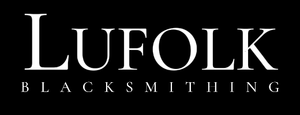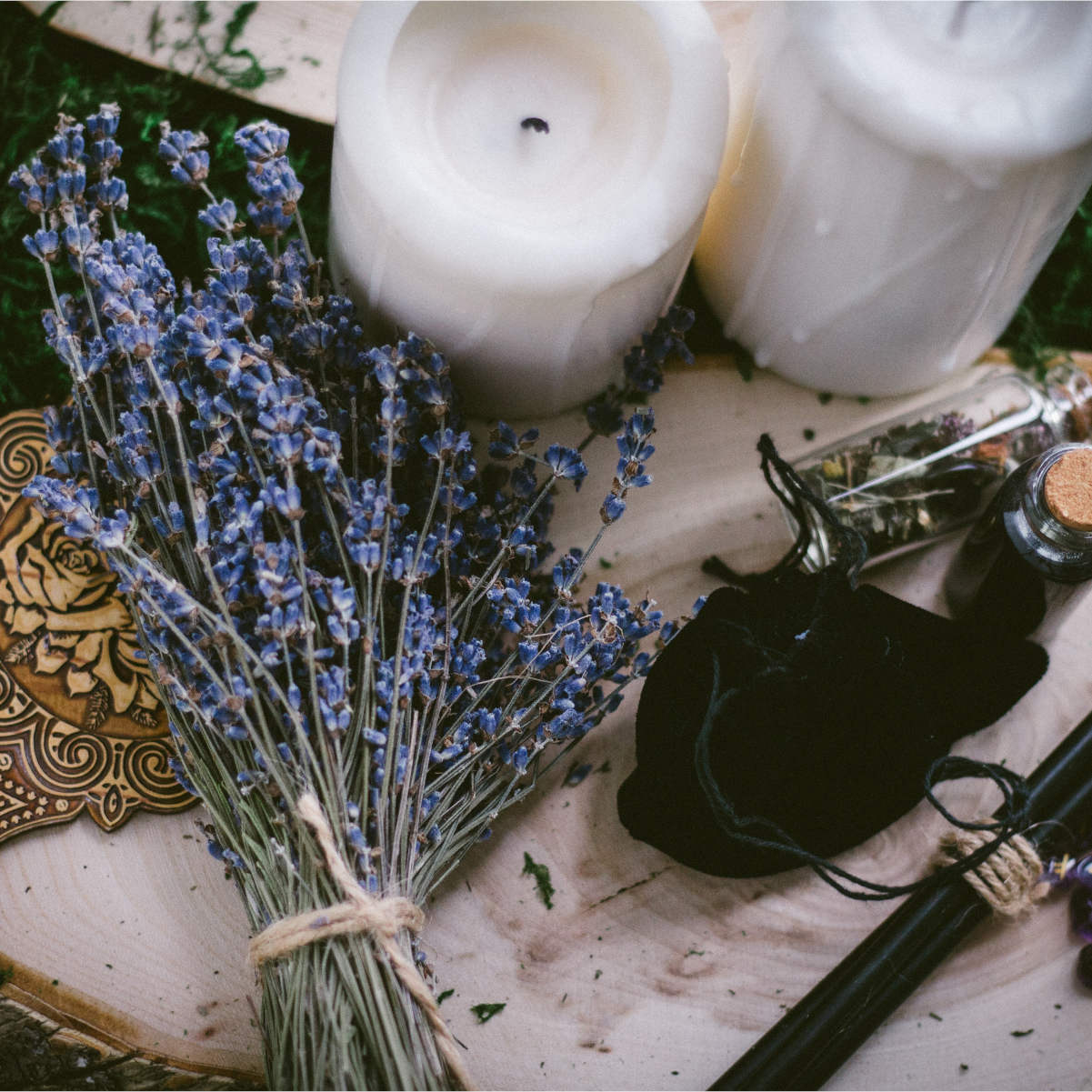6 min read
Introduction
I believe that the future of Wicca is bright. It has grown exponentially over the last four decades, and it will continue to grow as a major force in the world. Modern wiccans, witches and pagans are much more open about their practices than they were 60 years ago, but there are still many misconceptions about them. The truth is that Wicca really isn't evil, as some people would have you believe. It's just another religion based on ancient traditions from long ago—and many of those traditions have been passed down from generation to generation orally through storytelling or song rather than written down as scripture like other religions have done (like Christianity). I want to clarify a couple of other things about Wicca as well before we dive in to the future of Wicca:
Wicca is a religion of growth and change.
Wicca is a religion of growth and change. It's not static, but rather it's always changing and evolving. Wicca embraces the idea that nature is constantly changing—and so should the religion itself.
Wicca isn't a dogmatic religion; there are no strict rules or set beliefs you have to follow in order to call yourself Wiccan or neo-pagan. This means that as time goes on, new ideas will start appearing in Wiccan communities as people discover new ways to practice their faith through experimentation and discovery over time (as well as other religions).
Wicca is not evil.
Wicca is not an evil religion. Wiccans don't believe in Satan or hell. They also don't believe in a heaven they can go to after death. Instead, they believe that when we die our souls return to the Earth until it is their time to be reborn again as another person or creature. Wicca isn't devil worship. There is no such thing as Satan or Lucifer in Wicca. Instead, there is only one God and one Goddess (and sometimes more deities who we call upon in certain rituals or sabbats). Wiccans believe that the God and Goddess are both present in all things and the power of these deities can be called upon when needed.
Wicca is not a cult either! The word "cult" is often used today to describe any group with beliefs that differ from popular opinion or religious groups that are controversial because they are new or different from other religions (like Scientology). While some Wiccans might consider themselves part of a small "cult" due to their close friendships with others involved in paganism/wicca, this does not mean that they worship Satan or perform evil rituals such as sacrificing animals or drinking blood! These practices are strictly forbidden by Wiccan traditions--or any other kind of pagan practice for that matter--because they go against our core beliefs about love and respect for nature; something everyone should practice regardless of their religion!
Wicca is not only for women.
Men can be Wiccans too, but not all men are Wiccans...
Wicca is not a religion that only women practice, or even one that is primarily practiced by women. While many Wiccans are female, there are also men who practice Wicca and identify as Wiccan. Many people mistakenly assume that all witches are female, but this isn't true at all! There's no rule stating that you have to be born female in order to to declare yourself as Wiccan; you just need the desire and knowledge of how to do it. Being a Wiccan has nothing to do with your gender identity or sexuality―it has everything to do with your spirit and how connected you feel with yourself, nature, and those around you. The important thing here is for us all not assume things about each other based on societal stereotypes about gender roles.
The practice of paganism is becoming more acceptable.
There are many different types of paganism; some people call themselves "witches" while others identify as “druids” or “shamans". Wicca grew out of an interest in magic and nature; some people started calling themselves Wiccans when they began practicing spells or communicating with spirits or deities instead of going to church (or whatever). Over time, Wicca became a religion and some Wiccans formed covens to worship together. Whether you practice Wicca alone or with a coven, it seems to be becoming more and more socially accepted to believe in the horned God and the triple Goddess.
The occult is becoming more mainstream, especially online.
You've probably noticed that the occult and witchcraft are becoming more mainstream. I see this happening for two reasons:
- Social media networks have made it easier for people to connect with others who share similar interests, and those interests include Wicca. It's now possible to find other pagans online, on multiple platforms such as Twitter, Instagram, Pinterest and Reddit. This was not so easy before social media was invented (and still isn't possible in some countries where Facebook is banned).
- The media is starting to portray more positive images of Wiccans, witches and pagans as a result of these new connections between people with similar beliefs. For example, many movies like "The Craft" and "The Witches" have increased awareness about witchcraft among non-pagans by showing how cool it can be when someone uses magic instead of violence against their enemies! And TV shows like "Charmed" show us how sisters who use magic together can save the world from evil forces like demons or vampires (I'm totally going there)! How cool would it be if Netflix produced a series about paganism, who try to cope with everyday life with the help of a little magic, the powers of the moon and the occasional ritual? At least I would be glued to that TV-show.
Traditional Wicca and paganism movements have taken off, especially on the Internet.
When it comes to Wicca, the internet has been a great tool for the Wiccan community. There are thousands of websites dedicated to helping people learn more about their spirituality and beliefs. These websites offer information on spells and potions, as well as how to connect with other pagans in your area. The Internet has also made it easier for witches who practice traditional Wicca --or paganism movements like Druidism, Asatru and Heathenry-- because these religions have gained popularity over recent years thanks in part due to sites like Facebook groups where members can post events related specifically within their own community.
Conclusion
Paganism is a religion of growth and change. As society changes, so does paganism. The beliefs that Wiccans all over the world share with each other has been around for thousands of years, but it's never been as popular as it is now. The occult is becoming more mainstream, especially online. Traditional wicca and pagan movements have taken off, especially on the internet, with many people discovering their spirituality through blogs or Facebook groups—I myself found out about witchcraft from reading about it online!
If you're interested in learning more about this fascinating religion, I recommend starting with some basic research online: try searching for resources like "Wicca FAQ" or "Wicca 101" which will give you some great background information on what it means being a pagan today. I'm more than interested in discussing the matter further so feel free to leave a comment about your thoughts on the future of Wicca!
Show off your Wiccan pride while supporting a small business owner! In this collection you will find all of Lufolk's hand forged jewelry inspired by ancient magic, mystery and the wondrous powers of the moon.



